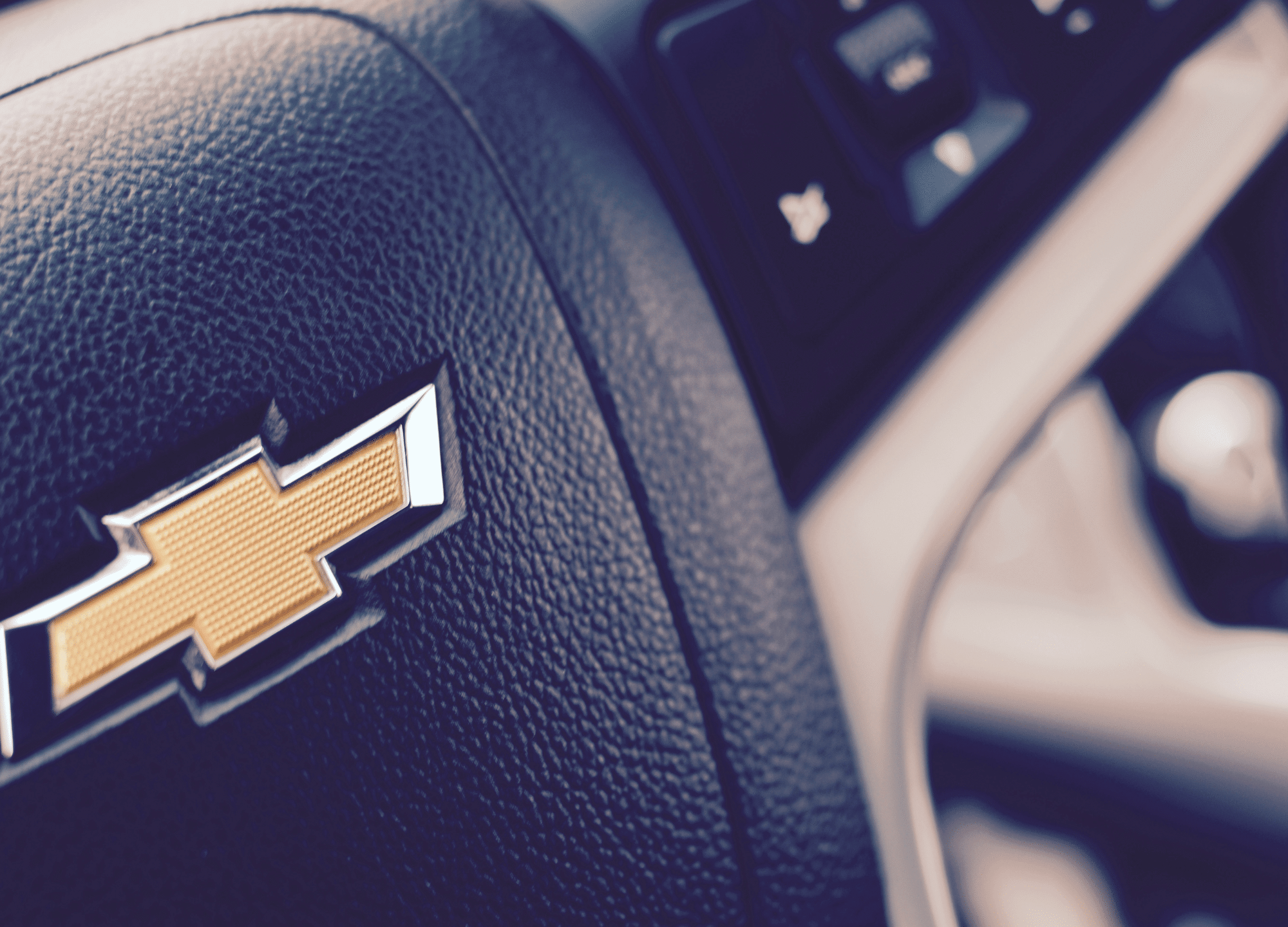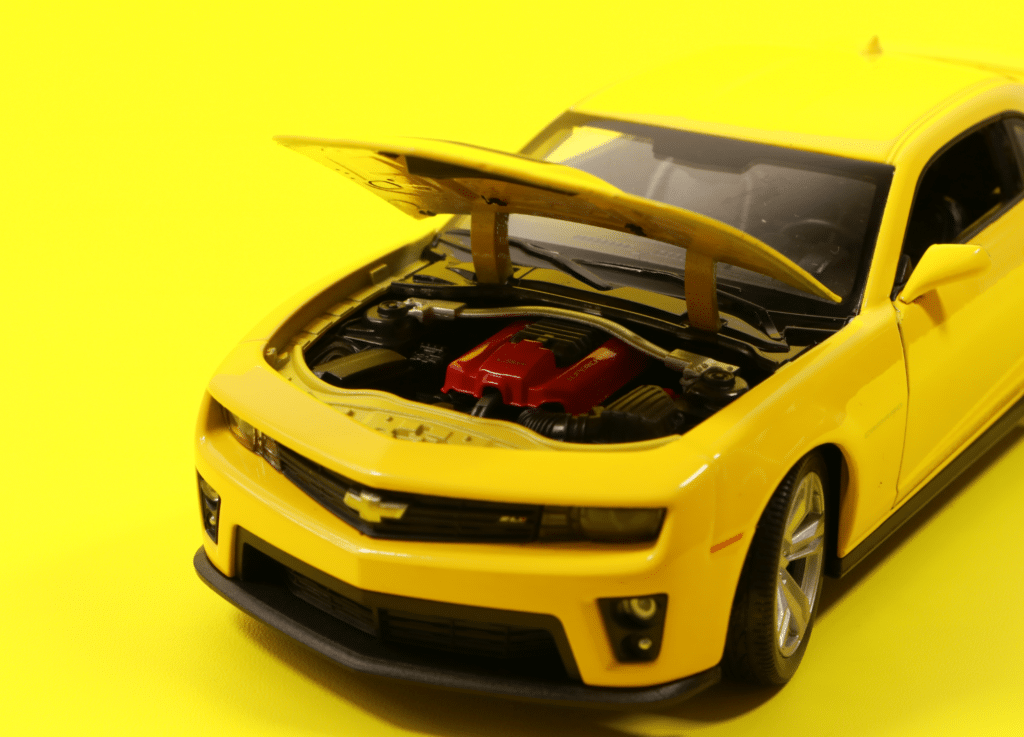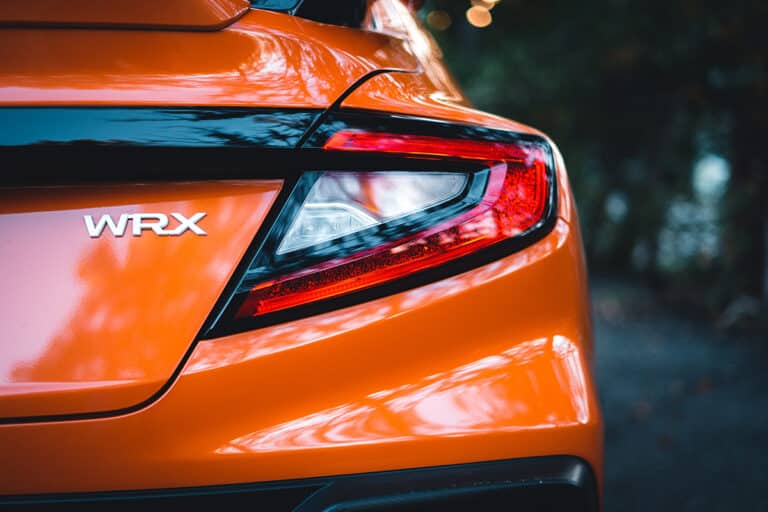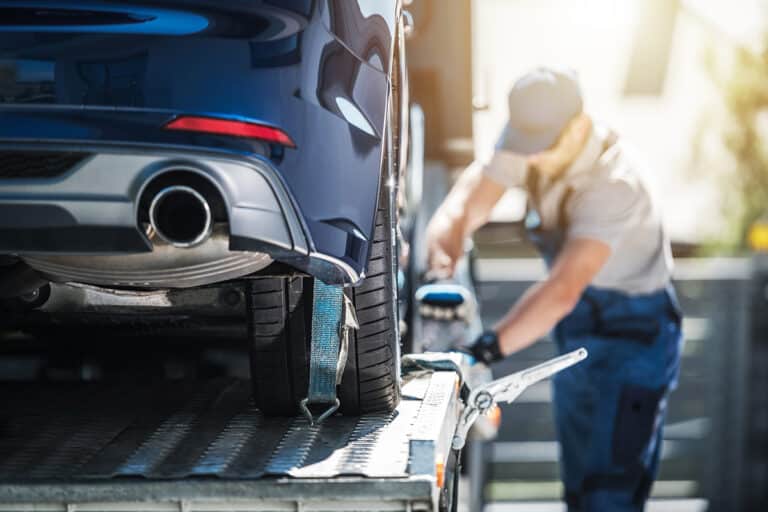
For many of us, the exhilaration of driving away from the dealership in our brand-new car is an unmatched moment of joy. Yet, for a surprising number of Chevrolet owners, this euphoria is tarnished by the discovery that their vehicle is a “lemon” — a defective vehicle that fails to meet standards of quality and performance. Not all vehicular defects qualify under lemon laws, but understanding how these laws apply to Chevrolet models can be crucial to your rights as a consumer. Here’s a comprehensive guide on Chevrolet lemon law and what steps you can take if you find yourself with a sour deal.
In California, the lemon law provides significant protection to consumers of Chevrolet and other GM vehicles experiencing repeated, unresolved issues. When a vehicle defect is reported multiple times within the warranty period and remains unfixed, owners may have grounds for a lemon law case. Specifically, for Californians, this law is a beacon of hope, ensuring that the investment in their vehicle is not lost to unresolved mechanical or safety defects. It’s important for Chevrolet owners to meticulously document all repairs and attempts at resolution, as this documentation can prove invaluable if a lemon law case is pursued.

Understanding Chevrolet Lemon Law
The lemon law is a legal provision that offers protection to consumers against defective vehicles. These laws vary by state, but typically, they provide a pathway for car owners to receive a refund, replacement vehicle, or cash compensation if their car is a lemon.
Chevrolet lemon law specifically applies to Chevrolet vehicles and is a facet of broader state lemon laws. This means Chevrolet car owners must be aware of both the general lemon law provisions in their state as well as any manufacturer-specific policies.
Seeking the assistance of an experienced lemon law attorney can be a pivotal decision for Chevrolet owners facing persistent vehicle issues. Specifically, in California where the lemon law applies rigorously, having a lawyer who understands the nuances of state and manufacturer-specific regulations can make all the difference. An experienced lemon law lawyer will not only guide you through the complex legal landscape but also bolster your case by effectively demonstrating how multiple repair attempts have failed to resolve the underlying defect in your Chevrolet vehicle. This professional support can significantly increase your chances of achieving a favorable outcome, whether it be a replacement, refund, or compensation.
Which Chevrolet Models Are Covered?
Chevrolet lemon law is not specific to any one model but rather to the brand as a whole. This includes popular vehicles like the Malibu, Equinox, Silverado, and many others. If a Chevrolet vehicle is determined to be a lemon, car owners can seek recourse through Chevrolet itself or the state’s lemon law arbitration process.
The significance of understanding how the California lemon law applies cannot be overstated for Chevrolet (a General Motors brand) vehicle owners experiencing recurrent vehicle defects. It’s essential to acknowledge that the California lemon law provides a layer of lemon law protection specifically designed to assist when a vehicle qualifies under the stipulated conditions of being a “lemon.” To discern if your vehicle qualifies, it is advisable to seek a free consultation with a lemon law attorney, who can guide you through the maze of legal requirements and help determine if your vehicle’s issues make it eligible under the California lemon law. Such a consultation can be invaluable for vehicle owners, offering insight and direction on how best to proceed with their lemon law protection rights, ensuring they are fully supported throughout the process.
Rights Under Chevrolet Lemon Law
The lemon law grants car owners several rights, including the right to have the vehicle repaired within a reasonable number of attempts. If the defect persists after a certain number of repair attempts, the car may be eligible to be repurchased or replaced by the manufacturer.
It’s important for Chevrolet owners to know their rights when they suspect their vehicle has a defect that may classify it as a lemon. This includes understanding the warranties, reporting the issue to the manufacturer, and keeping thorough records of all repair attempts and communication with the dealer or Chevrolet.
Keeping meticulous records of every chevy lemon issue, alongside the number of repair attempts, is paramount. Under the lemon law, the manufacturer is afforded a reasonable number of attempts to rectify the defect. If these issues persist beyond this threshold, the lemon law covers the possibility of a lemon law buyback or a replacement vehicle. For those navigating a GM lemon law claim, understanding this process is critical. The law’s intent is to ensure the consumer does not bear the financial burden of a defective vehicle. Thus, if it’s proven that a Chevrolet qualifies under the parameters set by the lemon law, the owner may be entitled to a buyback, a replacement vehicle, or compensation, depending on the specific circumstances and state laws.
Steps to Take If You Have a Lemon
Discovering you have a lemon can be a frustrating experience, but there are specific steps you should take to protect yourself and your investment.
Keep Detailed Records
From the moment you notice a problem, document everything. Keep records of the issue, all repair orders, and any communication with the dealer or Chevrolet’s customer service. This will be crucial evidence if you need to prove your vehicle is a lemon.
Notify the Manufacturer
Contact Chevrolet directly and make them aware of the issue. The more detailed your description and documentation, the better. Remember, the manufacturer should have the opportunity to repair the vehicle before any legal action is taken.
Seek Legal Advice
While it’s possible to handle a lemon law claim on your own, legal representation can dramatically increase your chances of a favorable outcome. Lemon law attorneys specialize in these cases and can guide you through the process while also protecting your interests.
Common Challenges and How to Overcome Them
Dealing with a potential lemon can come with its share of obstacles, but knowing how to tackle them is key to navigating the process.
Delayed Responses from Manufacturers
Some manufacturers might drag their feet when addressing lemon law claims. Persistent follow-ups and timely legal intervention can help move the process forward.
Negotiating a Settlement
Manufacturers might offer a cash settlement, a new vehicle, or trade assistance. It’s essential to evaluate the offer and ensure it adequately addresses the issues you’ve faced with your vehicle.
Filing a Lawsuit
If all else fails, filing a lawsuit might be necessary to enforce your lemon law rights. This is a complex and time-sensitive process, so having an attorney to guide you is often the most prudent approach.
Case Studies or Examples
Real-life lemon law cases can shed light on the process and the potential outcomes for Chevrolet owners. These can be inspiring to those who are hesitant to pursue their rights.
In one case, a Chevrolet owner in California successfully had their vehicle repurchased after numerous failed repair attempts. The documentation and legal representation they had played a significant role in the positive outcome of their claim.
The Chevrolet lemon law is a powerful tool to protect car owners from the distress of an irreparably defective vehicle. By understanding the law, your rights, and the steps to take, you can stand up for your rights and potentially receive the remedy you deserve.
If you suspect your Chevrolet is a lemon, do not hesitate to take action. Start keeping records, notify Chevrolet, and consider seeking legal advice. Your persistence can lead to a successful resolution, whether it’s through a refund, a new vehicle, or another form of settlement.
Remember, you do not have to face this process alone. Lemon law attorneys are ready to help and have the expertise to guide you through the often murky waters of lemon claims. With their assistance, you can turn a sour lemon situation around and get back on the road to a satisfying and safe driving experience.

Frequently Asked Questions (FAQs)
What is the GM lemon law buyback process?
The GM lemon law buyback process involves the manufacturer repurchasing your vehicle because it has been determined to have substantial defects that cannot be repaired after a reasonable number of attempts. This process is initiated after the vehicle has been taken to an authorized dealership for repairs and the defect still persists, impacting the vehicle’s use, value, or safety.
How can a lemon law attorney help with my claim?
A lemon law attorney specializes in these types of cases and can significantly increase your chances of a favorable outcome. They understand the intricacies of lemon laws and can guide you through the claim process, ensuring that all necessary documentation, including repair invoices, is accurately prepared and submitted. Additionally, they can negotiate with the manufacturer on your behalf and represent you in court if necessary.
What are lemon laws, and how do they apply to my GM vehicle?
Lemon laws are designed to protect consumers from faulty vehicles that meet specific criteria, such as excessive oil consumption, that significantly impair their use, value, or safety. If your GM vehicle is still under its original vehicle warranty and has been in for repairs multiple times for the same issue, or has been out of service for an extended period, it might qualify as a lemon under these laws.
What should I do to start a lemon law claim for my vehicle?
Starting a lemon law claim begins with documenting every issue and repair attempt made on your vehicle. Ensure that you keep every repair invoice from the authorized dealership where repairs were conducted. Then, make just a phone call or consultation with a qualified lemon law attorney to discuss your situation and get advice on how to proceed under California’s lemon law or the lemon law applicable in your state.
Can excessive oil consumption qualify my vehicle as a lemon?
Yes, excessive oil consumption can be considered a substantial defect under lemon laws if it significantly impairs the vehicle’s use, safety, or value and the issue persists despite reasonable repair attempts. Documentation of these repair attempts and communications with the dealership where the repairs were made is crucial for supporting your lemon law claim.
What happens after my vehicle is declared a lemon?
After your vehicle is declared a lemon, you may be entitled to a buyback process where the manufacturer repurchases the vehicle from you. The specific terms, such as the buyback amount, can vary and might include compensation for your down payment, monthly payments, and any applicable fees, minus a deduction for your use of the vehicle. A lemon law attorney can help negotiate these terms to ensure you receive fair compensation.






